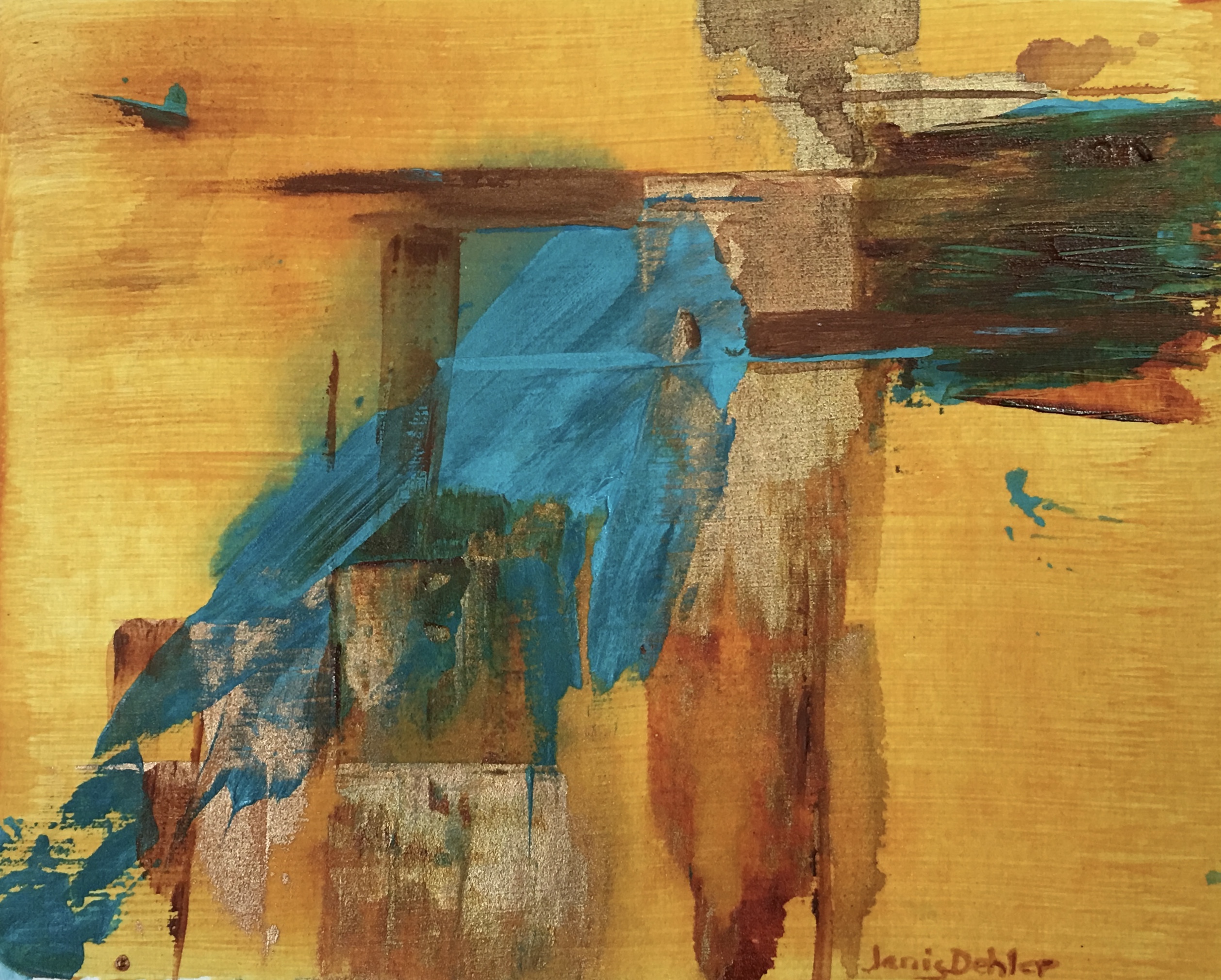We are probably all familiar with a Health Care Directive whether we have written one or not. The lists of what I don’t want when I can’t speak for myself. Today might be a good day to create a health care directive about how I want to direct my life. What now, today, does direct my life? What motivates me? What gets me up each day to enter life’s joys and challenges. Saying what we want might be harder than saying what we don’t want but that is the challenge. To discover what we value and questioning ourselves as to whether or not we are living that value.
At the end of a patients life, I hear in our team discussion: “If Kathy can’t go to the casino anymore, she is done.”, “When he can’t walk to the bathroom and take care of his own needs, he is through.”, “When Joe’s dog dies, he has nothing to live for.”, “Mary just wants to make it long enough to hold her new grand baby.”, “If he has to give up driving…” From the grieving widow or widower, I might hear, “I don’t want to go on without…”; “I now have no purpose to my life”, “I have absolutely no interest in living without…” Each person in this list has something that holds purpose for them, holds a value to living.
Knowing that the time for our life is coming to an end focuses our priorities. We begin to name the driving energy that pushes our will. As Atul Gawande in Being Mortal suggests, it makes a big difference to the caregivers when the loved one is able to name that which is quality of life when tough decisions need to be made.
My mother said many times during the latter part of her life that she never wanted to live in a nursing home. On the day of a massive stroke that a week later took her life, her last words to my sister and me were,”If anything should happen to me, please don’t put me in a nursing home.” That was her end point. She named what she did not want to happen to her quality of life, she named a value. In the hours following, when the tough decisions needed to be made, as her Health Care Agent, I held to her statement. In the end, after her last breath, we as a family held to the statement. In the weeks and months that followed when as grievers we start second guessing, I held on to that final directive statement with deep gratitude and knowing that this value of our mother’s included us as a family in her community of loving care.
In the naming, my mother also named her biggest fear. For years I have asked my grieving clients the same question, “What do you fear, what concerns you as you grieve your loss and learn to live without….?” Early on it might be a task but it is helpful to sit long enough with the question as over time I then hear a person begin to name a value, a quality of life that holds meaning for them.
Maybe in the midst of life, taking the time to name what drives us could also be useful and life-giving. Shantam Zohar is Co-founder and Director of the Mindfulness Based Therapy Program at Tel Aviv Bar Ilan University in Israel. When I first met Shantam about 20 years ago he was an astrologer and a student at Naropa University where our daughter was a student. He has since become a family friend. I was challenged by him at that time to understand that I could author my life. I get to write the script regarding my spiritual/religious beliefs, the roles I fulfill as wife and mother, and so on. For so many years I felt directed, sometimes like walking through a smorgasbord line. What a concept to be inventing, creating the life I was living. Not that I wasn’t already doing that as I am pretty independent minded and creative but now I could own it and be mindful and conscious of the process. I was seeing Maggie my Spiritual Director who one day said the same thing, “You are authoring your life.” I felt affirmed. Listening deep within myself to hear how I was being internally directed by Self, Spirt, God, Higher Consciousness, however we name that which is larger than our being.
When we author, we are making choices. As when I paint a painting, I choose, is it watercolor or acrylic, which colors, what am I trying to say, what moves me, am I balancing the darks and lights, is it a high key piece or low? It is worth noting that authoring does not mean I am thinking only of myself. The direction and the decision making comes within the context of the whole, the community, how each individual or even element of a painting effects each other which makes it all the more challenging as well as exciting.
Atul Gawande offers us four questions to ask at the end of life: “What are the biggest fears and concerns? What goals are most important? What trade offs are we willing to make? What trade offs are we not willing to make?” Whether I am painting a work of art, authoring my life, or facing the end of my life or the life of a loved one, I am faced with the same questions. Why wait until I am pushed by disease to answer these questions? Maybe today is a good day to know what I value and to assess if I am living that value in a way that is authentic to my life.

Discover more from Janis Dehler
Subscribe to get the latest posts sent to your email.
